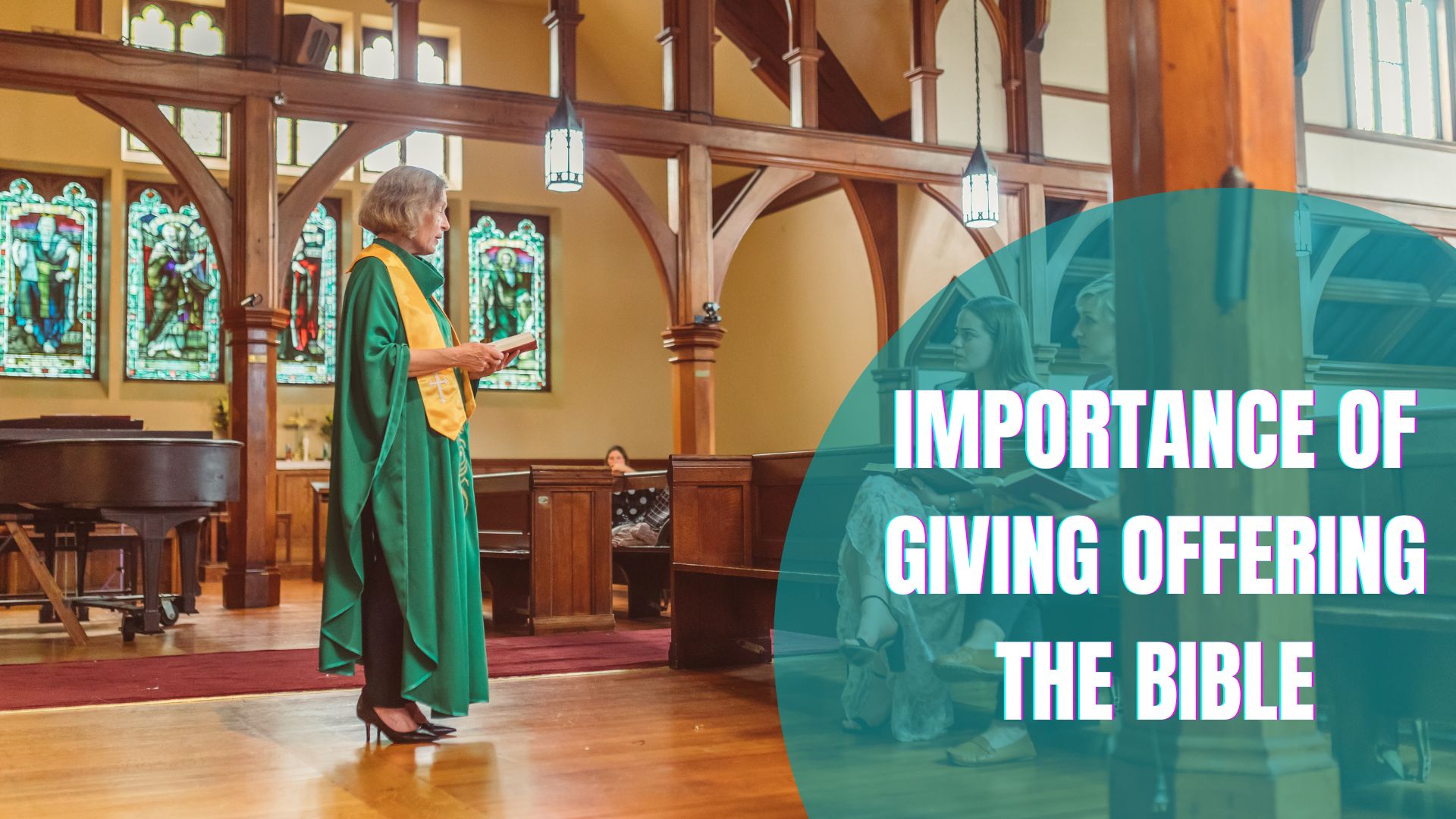For those considering cremation as their final resting choice, the inquiry becomes particularly intriguing.
This article delves into the question of where does your soul go if you are cremated? shedding light on the spiritual dimensions of this ancient practice.
What Is Cremation?
Cremation is a funeral and disposal practice that involves the controlled and intentional burning of a deceased person’s body to reduce it to ashes.
This process is typically conducted in a dedicated facility called a crematorium.
Cremation has been practiced for thousands of years and is an alternative to traditional burial methods.
Where Does Your Soul Go If You Are Cremated?
The question of what happens to the soul after death has captivated human minds for centuries, transcending cultural and religious boundaries.
1. The Interplay of Culture and Belief
Cremation has been practiced across the globe for millennia, with each culture infusing its distinct beliefs into the process.
From Hinduism’s ritualistic scattering of ashes in sacred rivers to Buddhism’s focus on karma and rebirth, cremation reflects the intimate connection between cultural traditions and the destiny of the departed soul.
2. Eastern Philosophies: Rebirth and Karmic Continuity
In both Hinduism and Buddhism, cremation is deeply intertwined with the concept of reincarnation.
Hinduism posits that the soul departs the body, transmigrates through various life forms, and ultimately achieves liberation (moksha) from the cycle of birth and death.
Cremation expedites this journey by releasing the physical form, allowing the soul to embark on its next chapter.
Likewise, Buddhism’s teachings on karma emphasize the cyclical nature of existence.
Upon cremation, the soul’s residual energy is believed to contribute to its karmic balance, influencing its future rebirth and experiences.
The act of cremation thus symbolizes the impermanence of life and the eternal cycle of existence.
3. Western Perspectives: Unity and Resurrection
In contrast to Eastern philosophies, Western religions often lean toward the unity of body and soul. Christianity, for instance, emphasizes bodily resurrection, regardless of whether one chooses cremation or burial.
While the body may be reduced to ashes through cremation, the spiritual essence endures, awaiting the eventual reunification in the divine presence.
4. Cremation in Abrahamic Faiths: Challenges and Insights
Cremation encounters resistance in certain Abrahamic traditions, such as Islam and Orthodox Judaism.
These faiths place a strong emphasis on the sanctity of the body and advocate for burial as a means to honor the divine creation.
The belief is that the soul remains connected to the body until the eventual Day of Resurrection when it will be reunited and judged.
5. A Universal Metaphor for Transformation
Beyond the specifics of religious doctrine, cremation serves as a universal metaphor for transformation and release.
The intense heat that consumes the body parallels the profound spiritual journey of the soul.
Just as the flames purify the physical form, the soul is believed to undergo a purging process, shedding attachments and earthly burdens as it embarks on its next phase.
Does The Soul Leave The Body After Cremation?
The question of whether the soul leaves the body after cremation is deeply intertwined with one’s religious or spiritual beliefs.
Different cultures and faiths offer their own interpretations and understanding of the soul’s fate after death and how cremation fits into that narrative.
It’s important to consult specific religious teachings or seek guidance from spiritual leaders within one’s own belief system for a more precise understanding.
In Christianity, the fate of the soul after death is often tied to beliefs in resurrection and the afterlife.
Christians believe that the soul persists after death and will be reunited with the body in some form at the time of resurrection, regardless of whether the body was cremated or buried.
What Does God Say About Cremation?
Interpretations and beliefs about cremation among Christians vary among different denominations and individuals.
As a result, there is no single, universally accepted stance on cremation based solely on biblical teachings.
However, some points to consider include:
- Bodily Resurrection: Some Christians who hold a strong belief in bodily resurrection may prefer burial as a way to honor the body and anticipate resurrection. This belief is based on passages like 1 Corinthians 15, which discuss the resurrection of the dead.
- Creation and Respect for the Body: Other Christians may emphasize the idea that the body is a creation of God and should be treated with respect and reverence. This perspective could lead to a preference for burial rather than cremation.
- Freedom of Choice: The Bible also emphasizes the freedom and individual conscience of believers. In Romans 14, for example, Paul discusses matters of personal conviction and encourages believers to be fully convinced in their own minds regarding their choices.
Does God Consider Cremation A Sin?
Whether God considers cremation a sin may depend on the teachings and interpretations of a particular religious community.
Conclusion
The question of where the soul goes after cremation is a complex tapestry woven with threads of culture, spirituality, and faith.
While beliefs differ across religious traditions, the common thread that runs through each narrative is the profound significance attributed to this age-old ritual.
Whether it’s the liberation of the soul through reincarnation, the anticipation of resurrection, or the symbolic release from earthly bonds, cremation encapsulates the eternal dance between mortality and the infinite.
Ultimately, the answer rests in the realm of the intangible, as personal convictions and spiritual understanding guide us through the enigma of existence beyond life’s flame.







